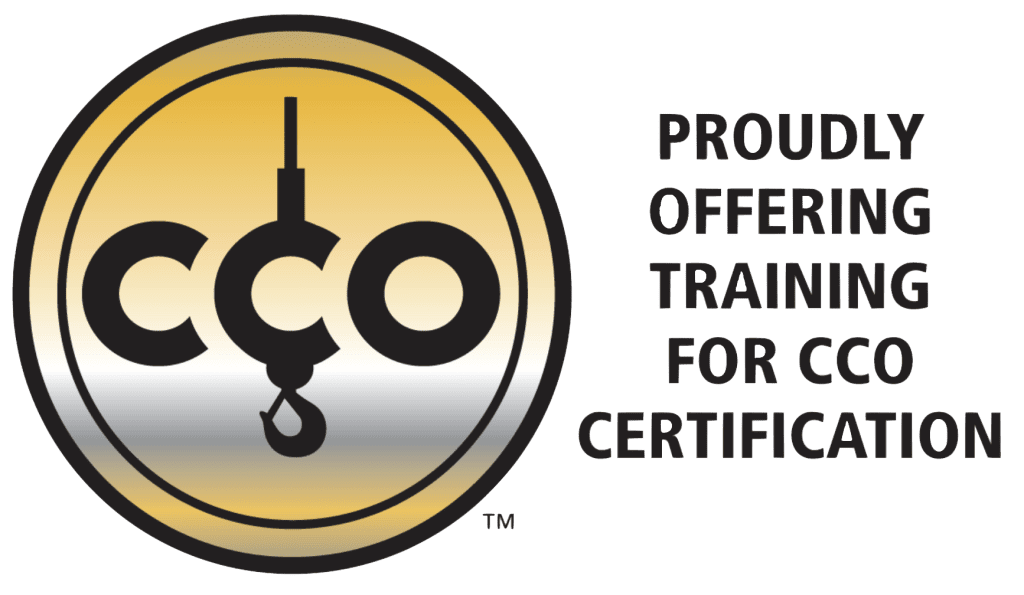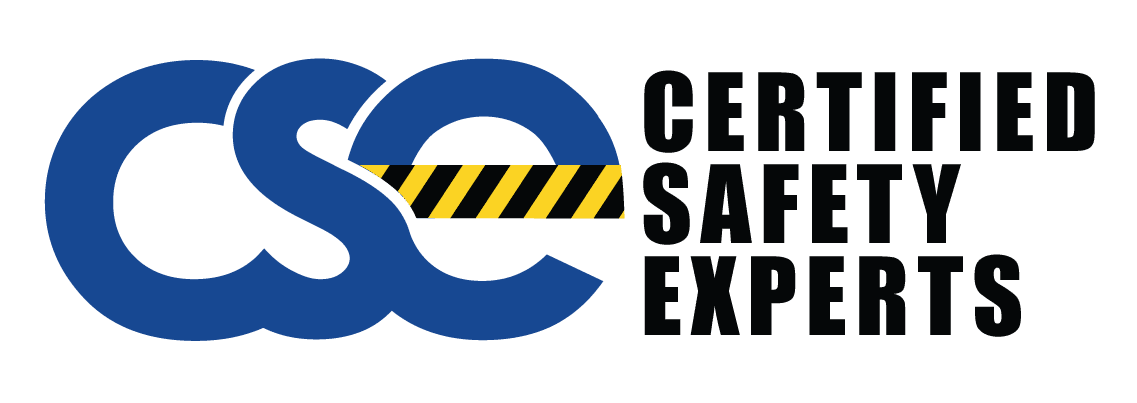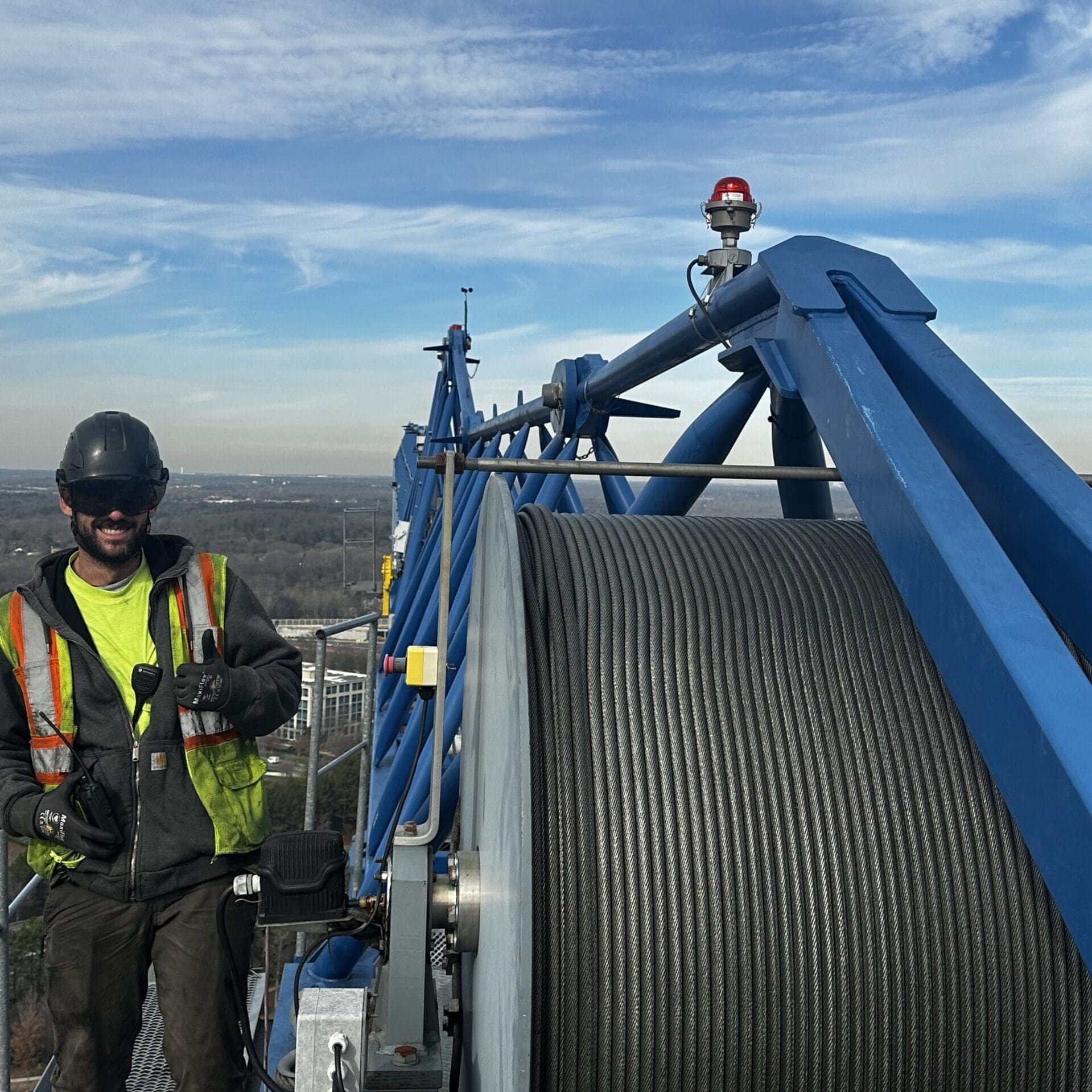So, you’re looking to get certified as a crane operator? That’s a smart move. A good certification can really open doors in this field. But with so many training options out there, how do you pick the right one? It’s not just about finding a class; it’s about Choosing the Right NCCCO Training Provider. We’ll break down what to look for so you can make a choice that sets you up for success.
Key Takeaways
- Make sure the training covers all the basics of crane operation, like how the machines work, how to lift things safely, and how to talk to your crew using signals.
- Hands-on practice is super important. Look for schools where you can actually operate different types of cranes, not just watch videos.
- Check out the instructors. Are they experienced crane operators themselves, and are they certified by NCCCO? Also, see if the school itself is recognized by NCCCO.
- Think about how the course is set up. How long does it take? Are the classes small enough so you get individual attention? Is the school easy to get to?
- Some schools offer extra perks like a guarantee you’ll pass your exams or help finding a job afterward. These can be good things to consider.
Understanding NCCCO Certification Requirements
So, you’re looking into becoming a certified crane operator, huh? That’s a smart move. Getting your NCCCO certification is a big deal in the industry, and understanding what it’s all about is the first step. It’s not just about knowing how to move a crane; it’s about proving you can do it safely and efficiently.
What NCCCO Certification Entails
Basically, NCCCO certification is the industry standard for proving you’ve got the skills to operate cranes safely. It’s not a walk in the park, though. You’ll need to meet some basic requirements, like being at least 18 years old and passing a drug test. Then comes the real work: passing both a written exam and a practical, hands-on test. These exams cover a lot of ground, from understanding crane mechanics to knowing how to handle different loads and communicate with your crew. Passing these tests shows employers you’re ready for the job. There are different types of certifications, too, depending on the kind of crane you want to operate, like mobile cranes, tower cranes, or overhead cranes. You might also need certifications for rigging or signaling.
Why Certification Matters for Your Career
Think of NCCCO certification as your golden ticket in the crane operation world. While it might not be a legal requirement everywhere in the US, most employers absolutely require it. It tells them you’ve been trained properly and are committed to safety. This can open doors to better job opportunities and, let’s be honest, better pay. It also helps protect your employer by ensuring they have qualified personnel on site, which is a big deal for OSHA compliance and overall project safety. It’s a way to stand out from the crowd and show you’re serious about your profession.
Recertification and Continuing Education
Your NCCCO certification isn’t a one-and-done thing. It’s valid for five years. After that, you’ll need to recertify to keep your credentials up-to-date. This usually involves meeting continuing education requirements and passing another exam, though sometimes it’s a bit less intensive than the initial certification. Staying current is important because the industry changes, and so do safety standards and crane technology. Keeping your certification active means you can continue working without interruption and stay competitive in the job market. It’s a good idea to partner with a training facility that can help you manage this process. Keeping your skills sharp is key to a long and successful career.
Evaluating Course Content and Curriculum
When you’re looking into NCCCO training schools, the actual stuff they teach you is super important. It’s not just about getting a certificate; it’s about actually knowing how to do the job safely and correctly. Think about it like this: you wouldn’t want a chef who only read a cookbook, right? You want someone who’s actually practiced making the dishes.
Core Crane Operation Knowledge
This is the bedrock of your training. You need to get a solid grasp on the different types of cranes out there – mobile, tower, overhead, you name it. Understanding how each one works, its parts, and its limitations is key. The program should cover the physics behind lifting, how to read load charts, and the basic engineering concepts that apply to crane work. A good curriculum will make sure you understand the ‘why’ behind the ‘how’ of crane operation. It’s more than just memorizing buttons; it’s about understanding the forces at play.
Essential Load Handling and Rigging Skills
Lifting stuff is the main event, but doing it safely is what separates the pros from the accidents waiting to happen. Your training needs to go deep into how to assess a load, figure out its weight and center of gravity, and choose the right rigging gear – slings, shackles, hooks. You’ll learn about different hitching methods and how to avoid common mistakes that can lead to dropped loads or damaged equipment. This part of the training is where you really start to see how theory meets practice on the job site. You can find more details on safe rigging practices through resources like OSHA recognized programs.
Effective Communication and Signaling Protocols
Cranes don’t operate in a vacuum. There’s always a team involved, and clear communication is non-negotiable. The course should teach you standard hand signals, how to use radios effectively, and the importance of maintaining visual contact with the signal person. You’ll learn about different signaling systems and practice them until they become second nature. Misunderstandings here can be incredibly dangerous, so expect to spend a good amount of time on this. It’s all about making sure everyone on the ground and the operator are on the same page, every single lift.
The curriculum should feel relevant to the actual work you’ll be doing. If it seems too theoretical or outdated, it might not prepare you for the real challenges you’ll face on a construction site or industrial setting. Look for programs that are updated regularly to reflect current industry standards and safety regulations.
Assessing Practical Training and Hands-On Experience
Okay, so you’ve got the theory down, but can you actually do the job? That’s where the hands-on part comes in, and honestly, it’s probably the most important bit. Reading about how to operate a crane is one thing, but actually being in the seat, feeling the controls, and making those lifts? That’s a whole different ballgame.
The Value of Real-World Crane Operation
Think about it: a textbook can tell you all about load charts, but it can’t teach you the feel of a load shifting unexpectedly or how to correct for wind. Real-world practice is where you build that intuition and muscle memory. You need to get your hands dirty, so to speak, and actually operate the equipment. This isn’t just about passing a test; it’s about being safe and competent when you’re out on a job site, where mistakes can have serious consequences.
Exposure to Diverse Crane Models and Environments
No two job sites are exactly alike, right? One day you might be working on a tight urban construction site with a mobile crane, and the next, you could be on a sprawling industrial facility with a different type of machine. A good training program will expose you to as many different crane models as possible – think tower cranes, mobile cranes, boom trucks, you name it. They should also put you in different simulated environments. This way, you’re not caught off guard when you encounter a new situation. It’s like learning to drive in different weather conditions before you hit the highway.
Here’s a quick look at what you should be looking for:
- Variety of Crane Types: Mobile, tower, boom, overhead – the more, the better.
- Different Scenarios: Urban, industrial, rough terrain, confined spaces.
- Load Handling Practice: Lifting various weights, different load shapes, and tricky placements.
- Site Setup: Practicing proper setup, leveling, and stabilization.
Simulated vs. Actual Operational Practice
Now, simulators have gotten pretty fancy. They can mimic a lot of real-world conditions, including emergencies and bad weather, all in a safe space. They’re great for getting a feel for the controls and practicing procedures without any risk. Some programs even use virtual reality (VR) for this. But here’s the thing: a simulator isn’t the same as the real deal. You don’t have the same physical feedback, the same environmental factors, or the same pressure. The best programs will use simulators as a supplement to, not a replacement for, actual crane operation. You need to feel the rumble of the engine, the weight of the load, and the responsiveness of the controls on actual equipment.
When you’re checking out a school, ask them point-blank about their hands-on training. How many hours do students actually spend operating cranes? What types of cranes do they have? Do they use simulators, and if so, how do they integrate them with real-world practice? Don’t be shy about asking these questions; it’s your future career on the line!
Ultimately, you want a program that gives you a solid mix. Start with the basics in a controlled environment, maybe using simulators, then move on to operating real cranes under supervision. The more time you spend doing the actual work, the more confident and prepared you’ll be when you get your certification and start looking for a job.
Investigating Instructor Qualifications and School Accreditation
When you’re looking into NCCCO training schools, don’t just glance at the course list. You really need to dig into who’s teaching and if the school itself is on the up-and-up. This part is super important because it directly impacts how well you learn and how ready you’ll be for the real deal.
NCCCO-Accredited Programs
First off, look for schools that are officially recognized by the NCCCO. Think of it like a stamp of approval. An NCCCO-accredited program means the school meets certain standards for curriculum, instructors, and facilities. It’s a good sign that they’re serious about preparing you for the certification exams. Not all schools are created equal, and accreditation helps you sort out the ones that are genuinely committed to quality training. It’s not just about passing the test; it’s about getting the right knowledge from a program that’s been vetted.
Experienced and Certified Instructors
Who are the people actually teaching you? This is a big one. You want instructors who haven’t just read a book about cranes but have actually spent time operating them. Look for folks with solid industry experience – the kind who know the ins and outs of daily operations, safety quirks, and maybe even some tricks of the trade. Ideally, your instructors should also hold their own NCCCO certifications. This shows they’ve been through the process themselves and understand what it takes to succeed. They should be able to explain complex topics clearly and answer your questions based on real-world scenarios, not just theory.
Industry Recognition and Partnerships
Beyond NCCCO accreditation, see if the school has any other nods from the industry. Do they work with local construction companies or equipment manufacturers? Sometimes schools have partnerships that give students a leg up, maybe through guest lectures, site visits, or even job placement help. A school that’s well-connected in the industry is often a good indicator that their training is relevant and respected. It’s worth asking about their relationships with employers and what kind of reputation they have among crane operators and companies in the area.
Choosing a school with accredited programs and experienced instructors isn’t just about getting certified; it’s about building a solid foundation for a safe and successful career. Don’t be afraid to ask questions about their credentials and affiliations. It shows you’re serious about your training.
Considering Course Structure and Logistics
When you’re looking into NCCCO training schools, don’t forget to check out how the courses are actually set up and what makes sense for your life. It’s not just about what you learn, but also how and when you learn it.
Course Duration and Intensity
Courses can vary a lot in how long they take and how much they pack into each day. Some programs are super intense, running full-time for several weeks straight. Others might spread things out a bit more. Think about your own schedule – can you commit to a full-time program, or do you need something more flexible? While a shorter program might seem appealing, remember that effective crane operator training really needs time to sink in, both in the classroom and out in the field. You want enough time to really get a handle on things, not just rush through.
Class Size and Individual Attention
Smaller class sizes often mean you get more one-on-one time with your instructors. This is super helpful because you can ask all your questions and get feedback tailored to your specific progress. In a big group, it’s harder for instructors to give everyone the attention they might need. Look for schools that emphasize personalized guidance and constructive feedback.
Location and Accessibility of Training Facilities
Where is the school located? Is it somewhere you can easily get to every day, or will you need to relocate? Consider the commute time and any associated costs. Some schools might have multiple locations or offer online components, which could be a good option if you’re looking for more flexibility. It’s also worth checking out the training grounds themselves. Do they have a good variety of equipment and realistic training environments? This hands-on aspect is key to preparing for NCCCO exams.
Here’s a quick rundown of what to think about:
- Time Commitment: How many hours per day/week? How many weeks/months total?
- Learning Style: Do you prefer fast-paced, intensive learning or a more spread-out approach?
- Instructor Access: How easy is it to get individual help from instructors?
- Travel: What’s the daily commute like? Are there accommodation options if needed?
Choosing a program that fits your personal circumstances is just as important as the quality of the training itself. A well-structured course that you can actually attend and engage with will set you up for much better success than one that’s a constant struggle logistically.
Exploring Additional Benefits and Guarantees
So, you’ve looked at the curriculum, the instructors, and the hands-on stuff. That’s all super important, no doubt. But what else can a training school throw in to make your decision easier and your investment feel more secure? Let’s talk about those extras.
Exam Pass Guarantees
Some schools really stand behind their training. They’re so confident in what they teach and how they teach it that they’ll offer a guarantee if you don’t pass your NCCCO exam the first time. This usually means you can retake their course or get help with study materials for free. It’s a pretty good sign that the school is invested in your success, not just your enrollment. Always check the fine print on these guarantees, though – there are often conditions, like attending all classes or completing all assignments. A school that offers a NCCCO written test guarantee shows they’re serious about preparing you.
Job Search Assistance Programs
Getting certified is a huge step, but the next big hurdle is landing that job. Many reputable training programs understand this and offer help with the job hunt. This can range from resume workshops and interview practice to connecting you directly with companies that are hiring. They might have industry contacts or even host job fairs. It’s like having a career coach built right into your training. Think about how much easier it would be to start your new career with a little help finding the right door to open.
Customizable Training Solutions
Not everyone fits the same mold, right? Some schools recognize that and can tailor their programs. Maybe you need a specific type of crane training, or perhaps your company needs a group session focused on particular safety protocols. Schools that can adapt their curriculum or schedule to meet unique needs are often a great find. This flexibility can be a lifesaver if you have a busy schedule or if your employer has very specific requirements for your role. It shows they’re not just running a cookie-cutter program but are genuinely trying to prepare you for your specific career path.
Wrapping It Up
So, picking the right NCCCO training school might seem like a big task, but really, it just takes a little bit of looking around. Think about what you need – maybe it’s a super intensive course, or perhaps you need something with flexible hours. Don’t forget to check out their pass rates and what kind of hands-on practice they offer. The goal is to find a place that feels right for you, where you’ll get the skills and confidence to nail those exams and get to work. Good luck out there!
Frequently Asked Questions
What is NCCCO certification and why is it important?
NCCCO certification is like a special certificate that shows you know how to operate cranes safely and correctly. It’s important because most companies want to hire operators who have this certification. It helps make sure everyone on the job site is safe and that the work gets done right.
Do I have to get NCCCO certified?
In the United States, it’s not a strict rule that every crane operator must be certified. However, many employers make it a requirement to get hired. Plus, having the certification helps you meet safety rules set by places like OSHA.
How do I pick the best school to learn how to become a crane operator?
To find the best school, look for one that teaches you a lot about operating cranes and gives you plenty of chances to practice. The instructors should be experienced, and the school should be known for helping students pass their tests. It’s also good if the school is easy to get to.
What kind of things will I learn in a crane operator training program?
You’ll learn the basics of how different cranes work, how to lift heavy things safely, and how to talk to others on the job using signals. You’ll also learn about safety rules and how to check if the crane is working properly.
Is it better to learn on real cranes or in a simulator?
While simulators can be helpful for learning the basics, practicing on real cranes is super important. It gives you a feel for how the machine really operates and helps you get ready for different situations you might face on a job site.
What happens if I don’t pass my NCCCO exam after taking a course?
Some schools offer a guarantee. This means if you don’t pass your exam the first time, you can usually go back and study more for free until you do pass. It shows the school believes in its training and wants you to succeed.




